1. “Louie Louie” – The Kingsmen
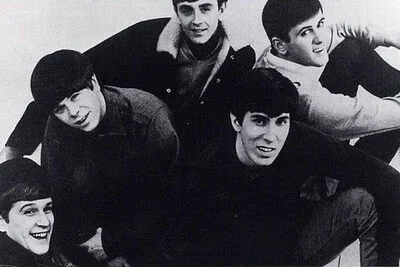
When “Louie Louie” hit the airwaves in 1963, it sounded like a harmless garage-rock jam with a catchy beat. But the slurred delivery from singer Jack Ely sparked nationwide panic, with parents and politicians convinced the lyrics were obscene. The FBI even launched an investigation into the song, spending months trying to decipher what was being said. In the end, they admitted they couldn’t make out a thing, but the controversy helped cement its place in rock history.
Ironically, the actual lyrics were tame, telling the story of a sailor missing his girl. But by then, the myth of hidden filth had already made the song notorious. Kids loved the idea that they were listening to something forbidden, while adults shook their heads in fear. That mix of misunderstanding and rebellion made “Louie Louie” one of the most famous censored songs of the ’60s.
2. “Let’s Spend the Night Together” – The Rolling Stones
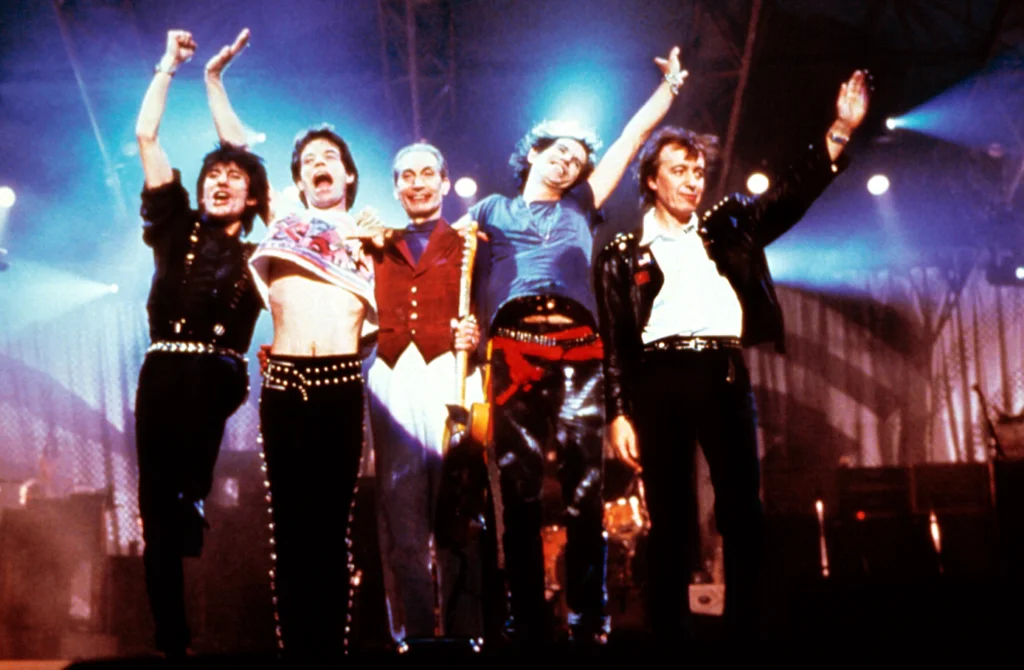
The Rolling Stones were no strangers to scandal, but “Let’s Spend the Night Together” pushed buttons in a big way. Radio stations in the U.S. balked at the frankness of the title, with some refusing to play it altogether. Even more famously, when the Stones performed the track on The Ed Sullivan Show, Mick Jagger was asked to change the lyric to “Let’s spend some time together.”
Jagger reluctantly went along, rolling his eyes for the cameras as he sang the watered-down version. The controversy only added to the band’s dangerous allure, reinforcing their reputation as rock’s bad boys. Today, the song feels tame compared to modern pop lyrics, but in the conservative ’60s, it was enough to spark outrage.
3. “Eve of Destruction” – Barry McGuire
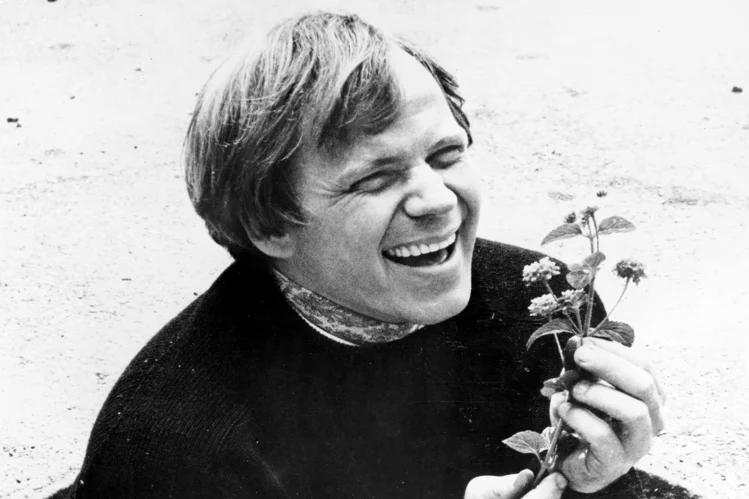
Barry McGuire’s protest anthem “Eve of Destruction” didn’t hold back. Released in 1965, the song railed against war, racism, and hypocrisy, with lyrics that cut straight to the bone. Its bleak outlook alarmed radio stations, with some banning it for being “un-American.” Yet it also resonated with young listeners who felt disillusioned by the world around them.
The controversy only fueled the song’s success, as it climbed to number one on the Billboard charts. For many, it became a rallying cry for the turbulent ’60s, proof that music could be political and powerful. Hearing it now, it’s striking how relevant McGuire’s words still feel.
4. “God Only Knows” – The Beach Boys
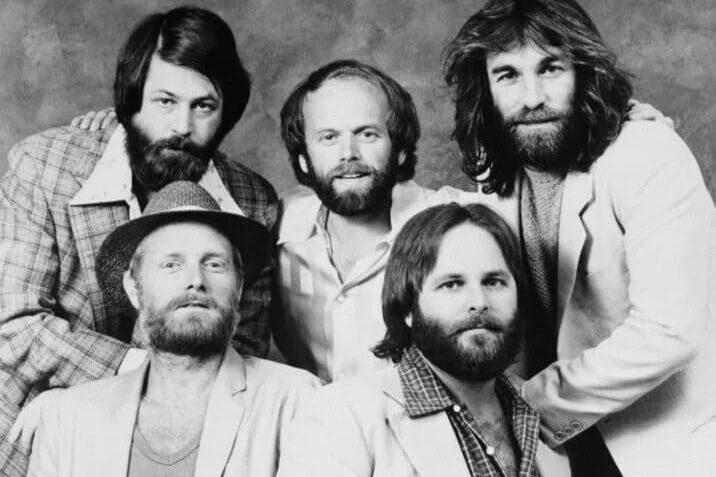
At first glance, “God Only Knows” hardly seems controversial—it’s one of the most tender love songs of the decade. But in 1966, some radio stations hesitated to play it because of the word “God” in the title. Mixing religion and pop music was considered taboo, and programmers feared it might offend more conservative listeners.
Despite the pushback, the song became a classic, praised for its beautiful harmonies and emotional depth. Paul McCartney even called it one of his favorite songs ever written. It’s almost funny now to think a track so pure and heartfelt once sparked debate.
5. “Rumble” – Link Wray
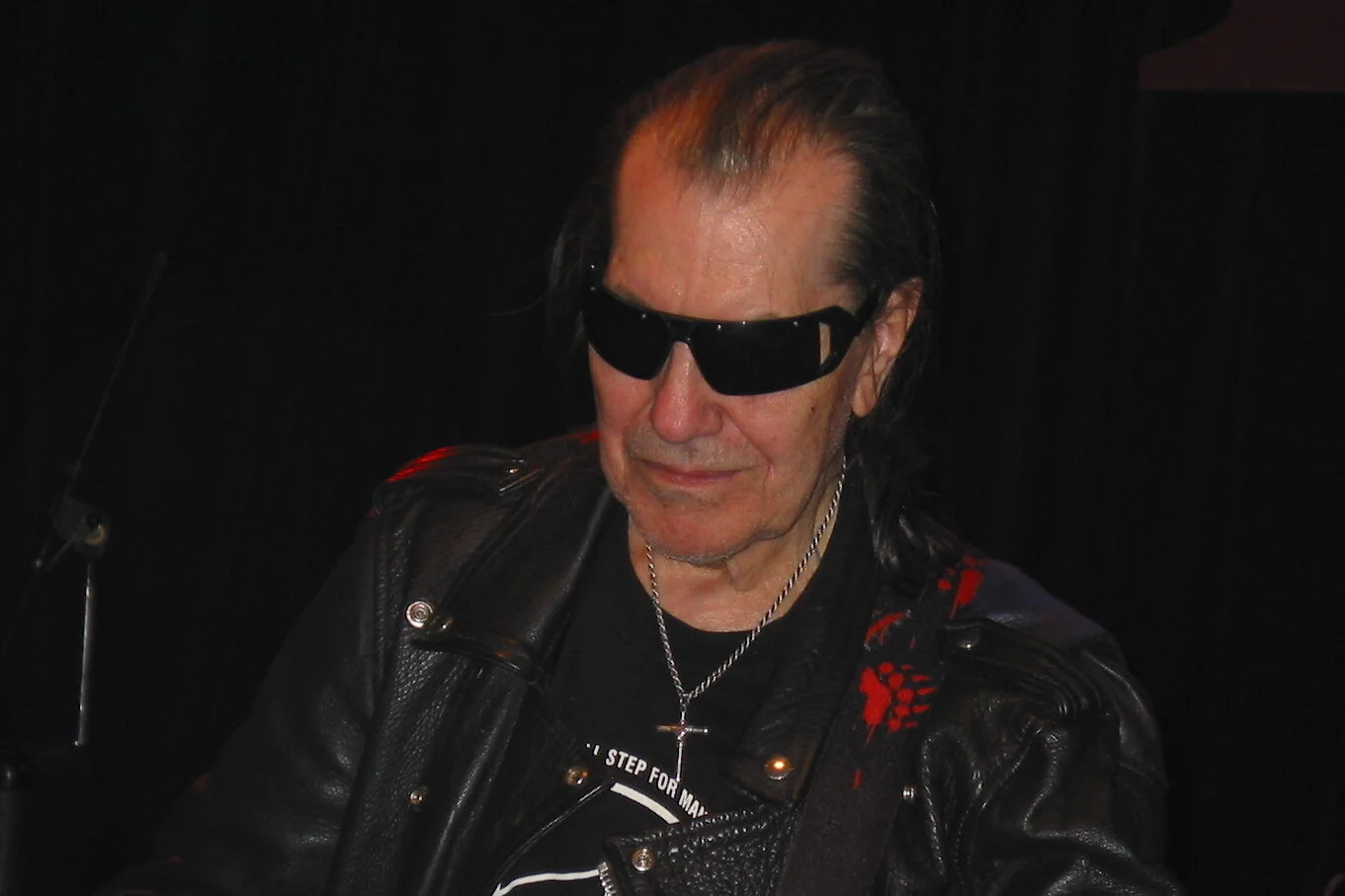
Though released in 1958, Link Wray’s instrumental “Rumble” carried its notoriety into the ’60s, with some radio stations still banning it. Remarkably, it had no lyrics at all—just a gritty, distorted guitar riff that exuded menace. Authorities worried it could incite juvenile delinquency, imagining gangs snapping their fingers and picking fights to its beat.
The ban only made the song more alluring to young listeners. Wray’s pioneering use of distortion paved the way for punk and hard rock, influencing everyone from The Who to The Ramones. What was once feared as dangerous noise is now recognized as groundbreaking.
6. “The End” – The Doors
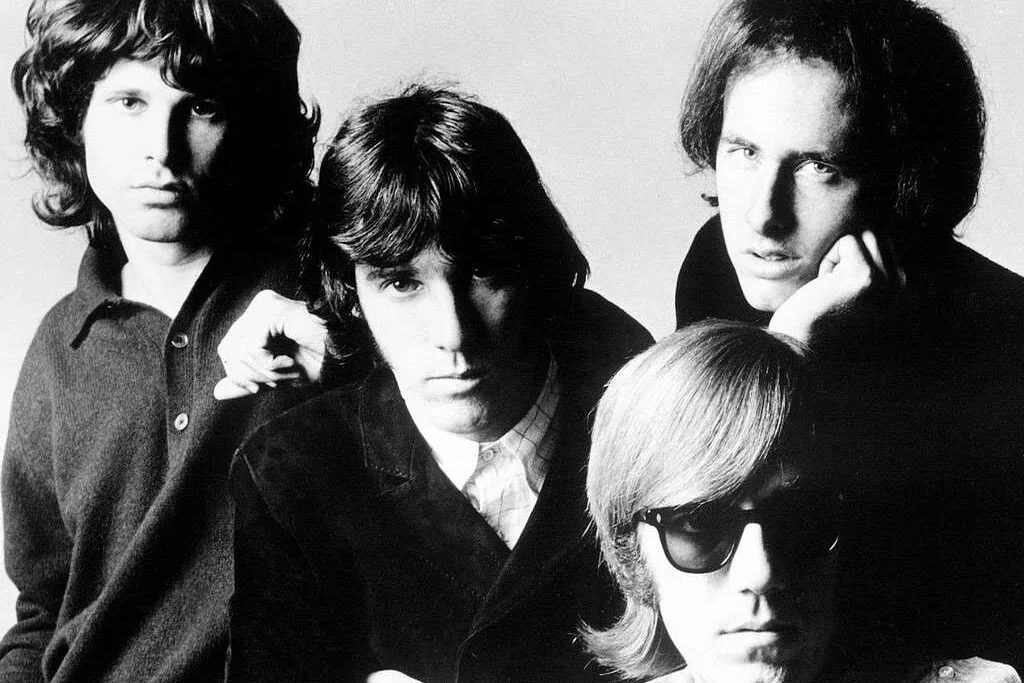
Jim Morrison had a knack for pushing limits, and “The End” was no exception. The sprawling track, often stretching past 11 minutes in live performances, contained imagery that some interpreted as shocking or obscene. Its Oedipal overtones in particular raised eyebrows, leading to its censorship on certain stations.
Despite that, the song became a centerpiece of The Doors’ mystique. When used in the opening of Apocalypse Now years later, it took on an even darker cultural resonance. Morrison’s haunting performance made sure “The End” lived up to its name, leaving a permanent mark.
7. “Brown Eyed Girl” – Van Morrison

Van Morrison’s cheerful “Brown Eyed Girl” seems innocent enough, but it stirred up controversy in 1967. The original lyric “making love in the green grass” was considered too suggestive for radio. Some stations demanded an edited version with a less risqué line.
Despite the censorship, the song became one of Morrison’s signature hits, beloved for its nostalgic energy. Looking back, the fuss feels almost quaint, considering how tame the lyric is by today’s standards. Still, it shows how even upbeat pop tunes weren’t immune to scrutiny.
8. “My Generation” – The Who
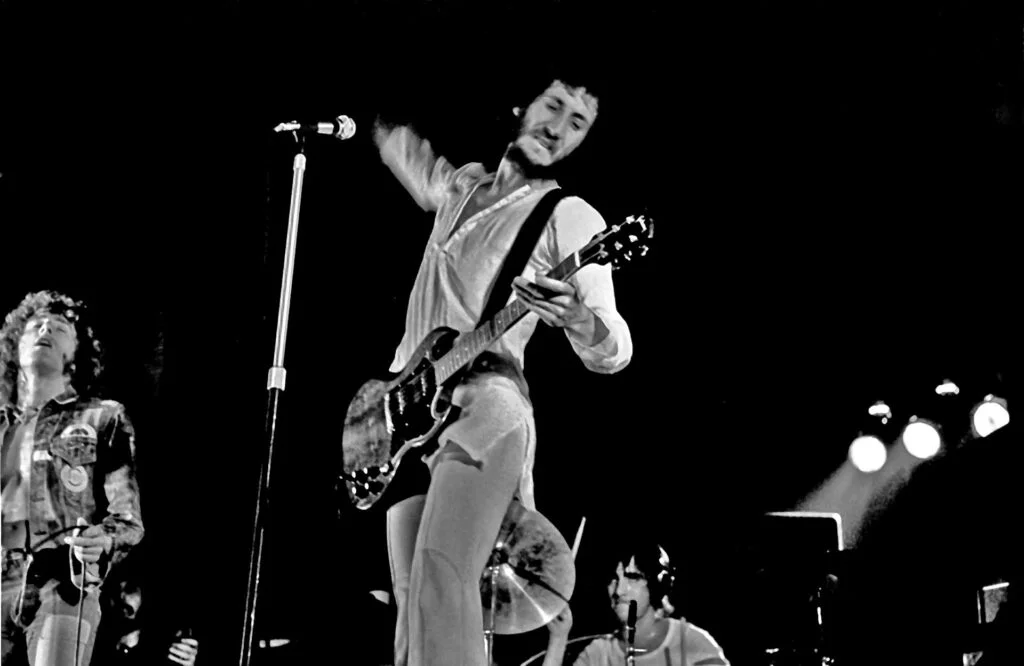
With its sneering delivery and famous line “I hope I die before I get old,” The Who’s “My Generation” rattled censors in 1965. The song was viewed as an anthem of defiance, with some stations refusing to air it for fear it would encourage rebellion. Its stuttering vocal style only added to its raw, confrontational edge.
Instead of silencing it, the controversy made it an instant classic for disaffected youth. The track still crackles with energy, embodying the spirit of teenage frustration. What once felt threatening now feels like a time capsule of youthful defiance.
9. “Wake Up Little Susie” – The Everly Brothers
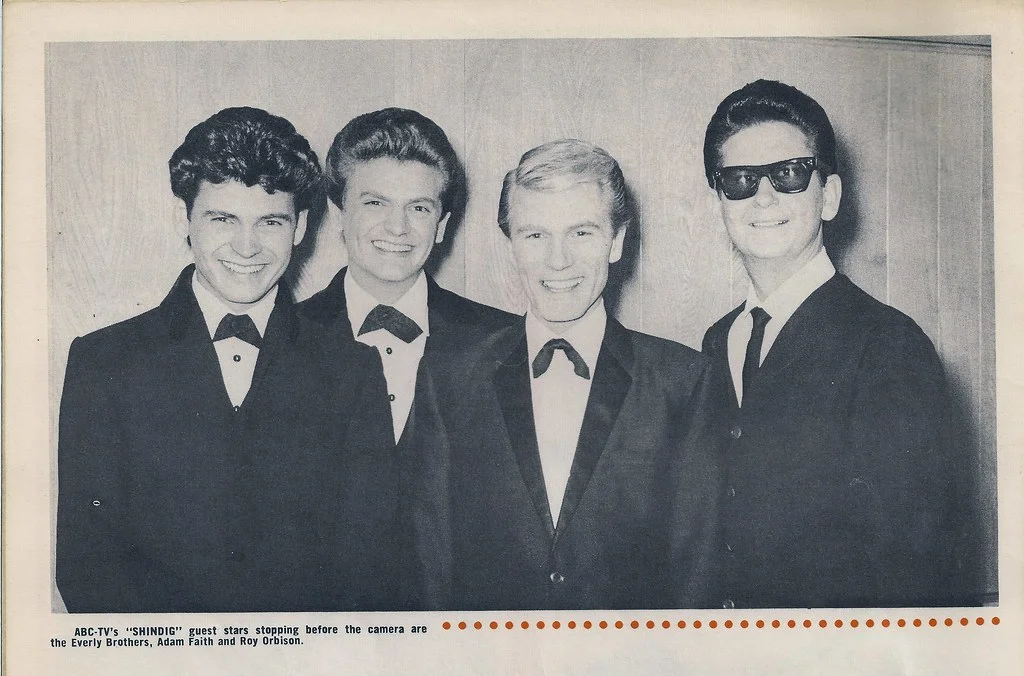
Though released in the late ’50s, “Wake Up Little Susie” kept running into trouble well into the ’60s. The song tells the story of two teens who fall asleep at the movies and wake up past curfew, sparking gossip about what they might have been doing. To some radio programmers, the implication of premarital mischief was just too much. As a result, it was banned in places like Boston, where it was deemed too suggestive for young audiences.
Of course, by modern standards, the song is more cute than scandalous. The Everly Brothers harmonize their way through what’s essentially a teenage misunderstanding. Still, the ban gave the track an air of naughtiness that only helped it climb the charts. Decades later, it remains one of their most charming and enduring hits, proving how easily shock value can shift with time.
10. “Let’s Get Together” – The Youngbloods
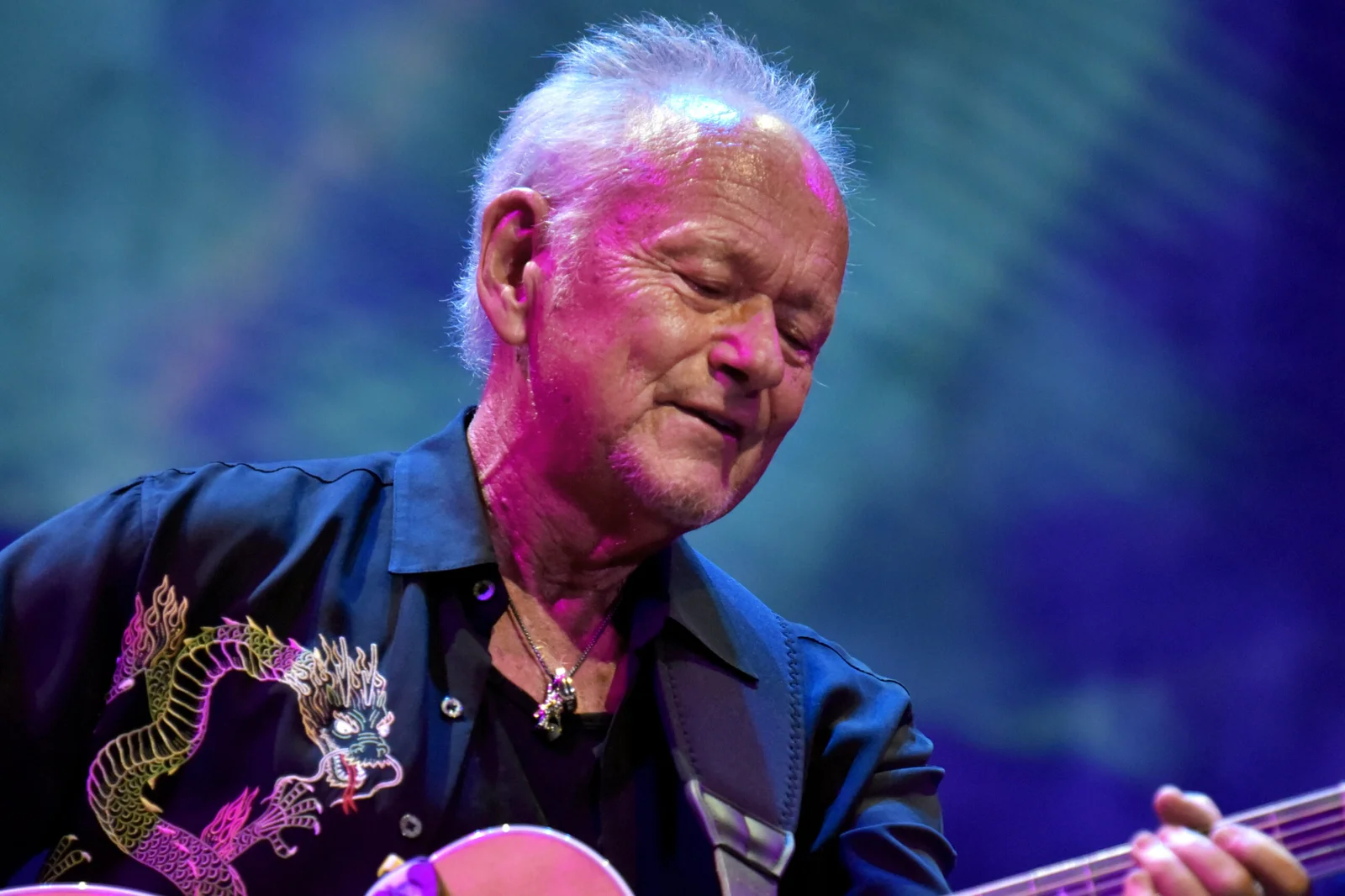
The Youngbloods’ “Let’s Get Together” was intended as a heartfelt plea for peace and unity. But in the politically charged climate of the late ’60s, its call for people to “love one another right now” was seen by some as radical. Certain stations banned it, dismissing it as hippie propaganda.
Despite the resistance, the song found a lasting legacy. It became an anthem for the counterculture and was even used in public service announcements promoting peace. What was once considered subversive now feels like timeless wisdom.
11. “8 Miles High” – The Byrds
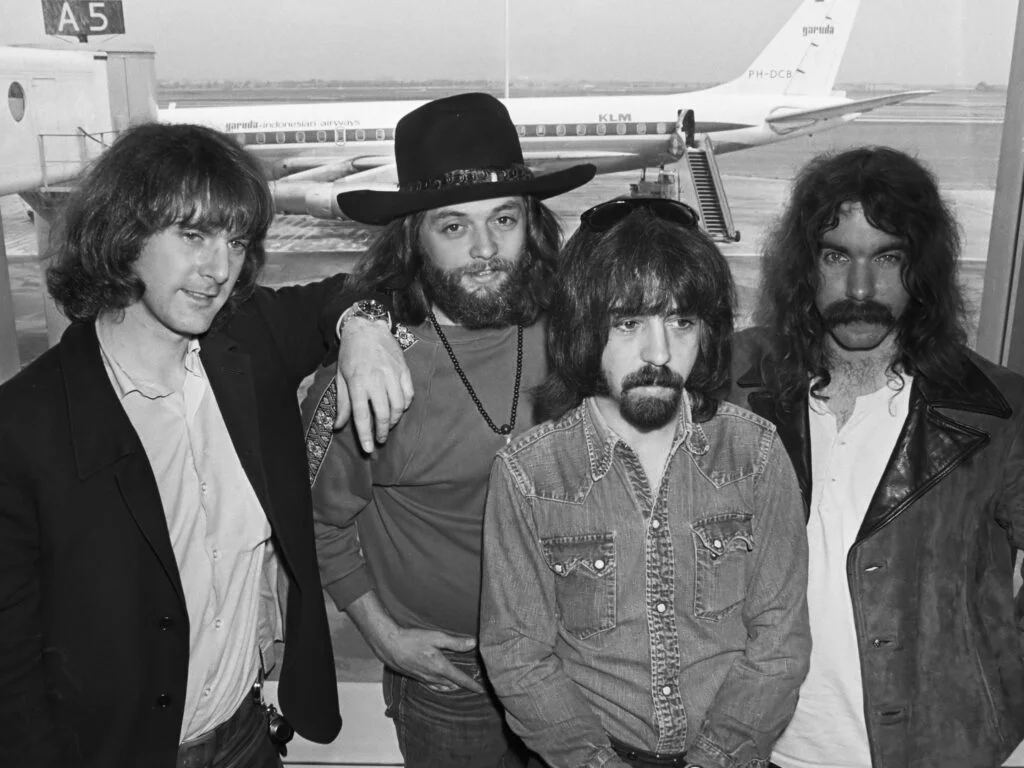
The Byrds’ “8 Miles High” quickly fell under suspicion in 1966. While the band claimed it was inspired by a trip to London and the heights of air travel, many listeners thought it was a coded ode to drugs. The implication was enough for stations to blacklist it.
Yet musically, the song was groundbreaking, blending rock with jazz-inspired improvisation. Its swirling, psychedelic sound perfectly captured the experimental spirit of the era. Despite censorship, it remains one of The Byrds’ most innovative and enduring works.
12. “The Ballad of John and Yoko” – The Beatles
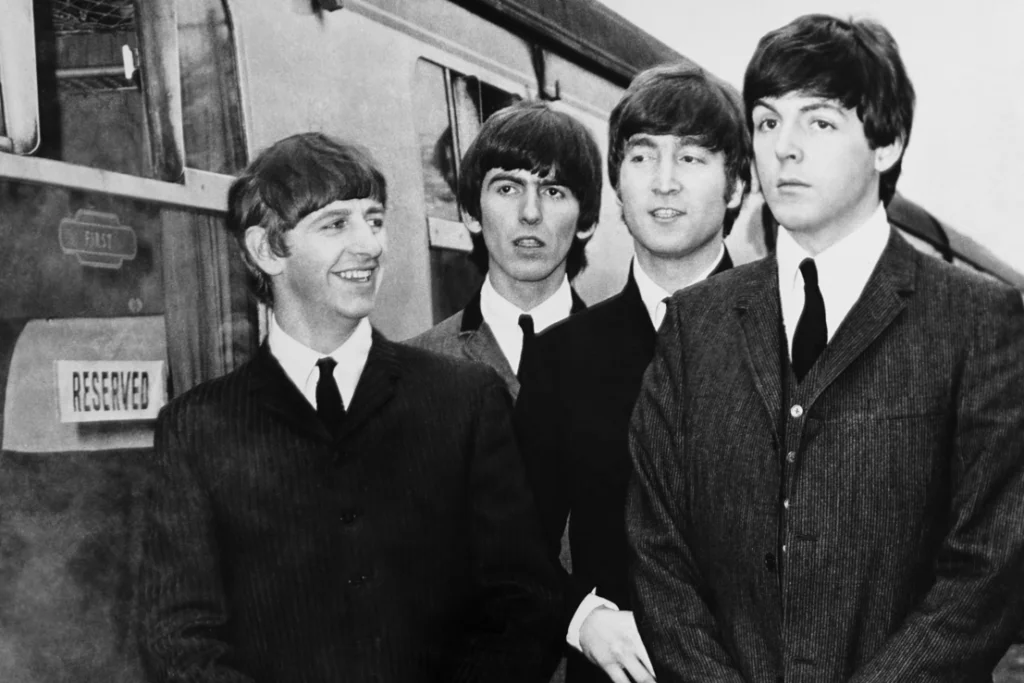
Even The Beatles weren’t immune to censorship. “The Ballad of John and Yoko” faced bans in parts of the U.S. due to the repeated phrase “Christ, you know it ain’t easy.” Some stations refused to air it, worried about offending religious audiences.
The song chronicled John and Yoko’s wedding and honeymoon, offering a personal glimpse into their lives. The controversy didn’t stop it from becoming a hit in the U.K., though. Like much of The Beatles’ catalog, it continues to spark conversation decades later.
13. “A Day in the Life” – The Beatles
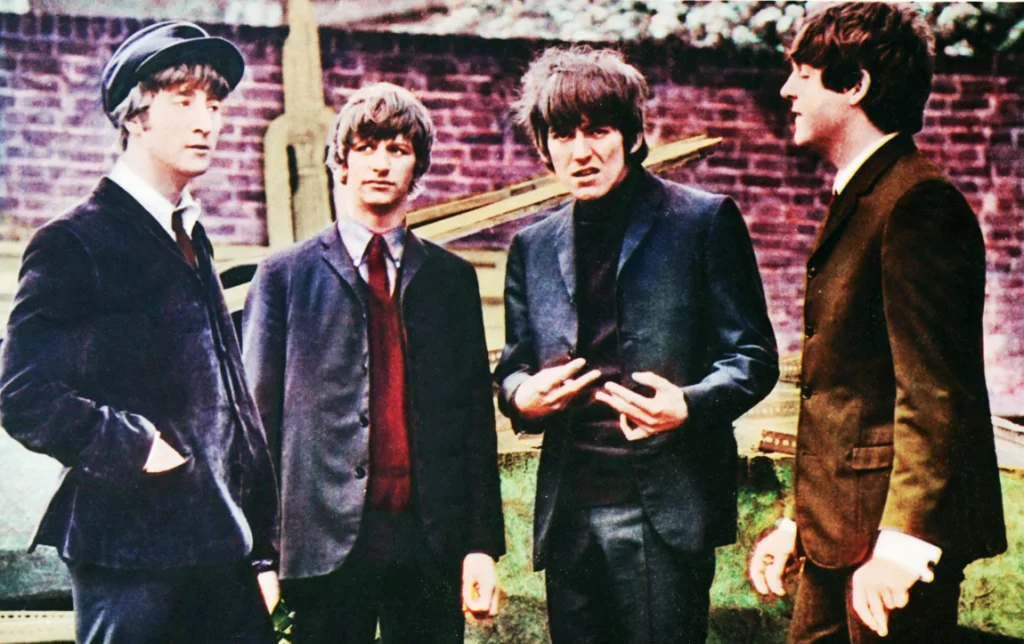
Another Beatles track that ruffled feathers was “A Day in the Life.” The line “I’d love to turn you on” was enough for the BBC to ban it in 1967, believing it contained drug references. The sweeping, surreal track was seen as dangerous to impressionable youth.
Of course, the ban only amplified its mystique. With its haunting orchestral crescendos and dreamlike lyrics, it became a cornerstone of Sgt. Pepper’s Lonely Hearts Club Band. Today, it’s celebrated as one of The Beatles’ masterpieces, censorship and all.


